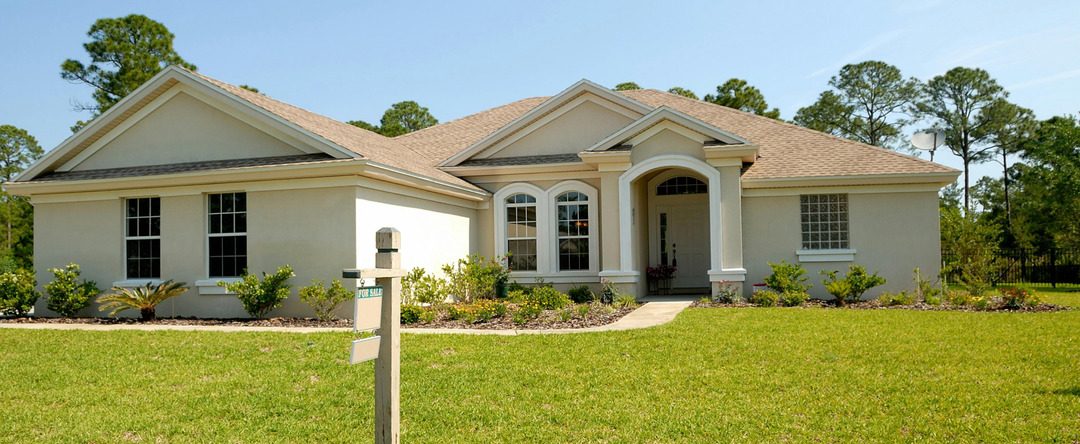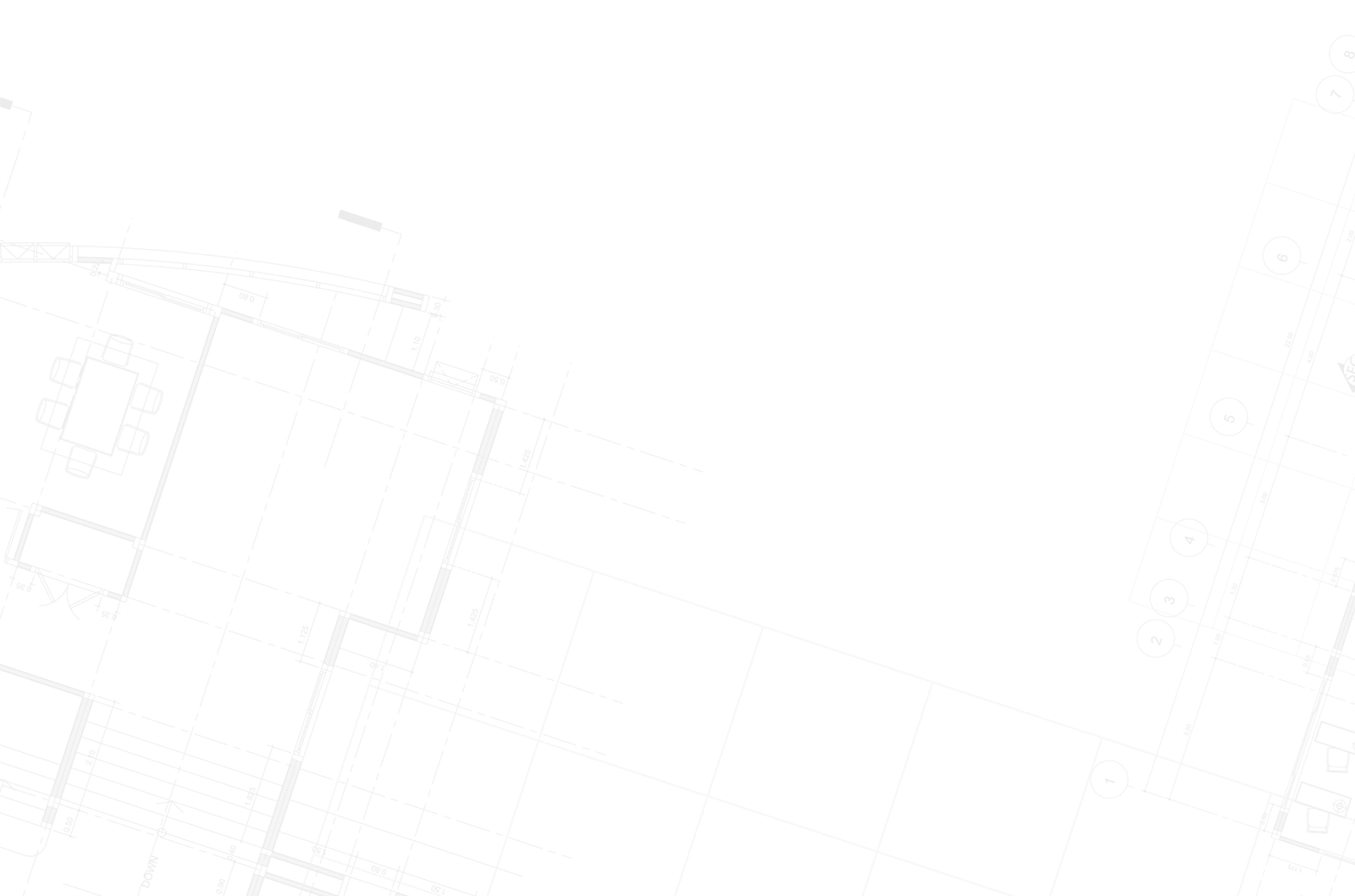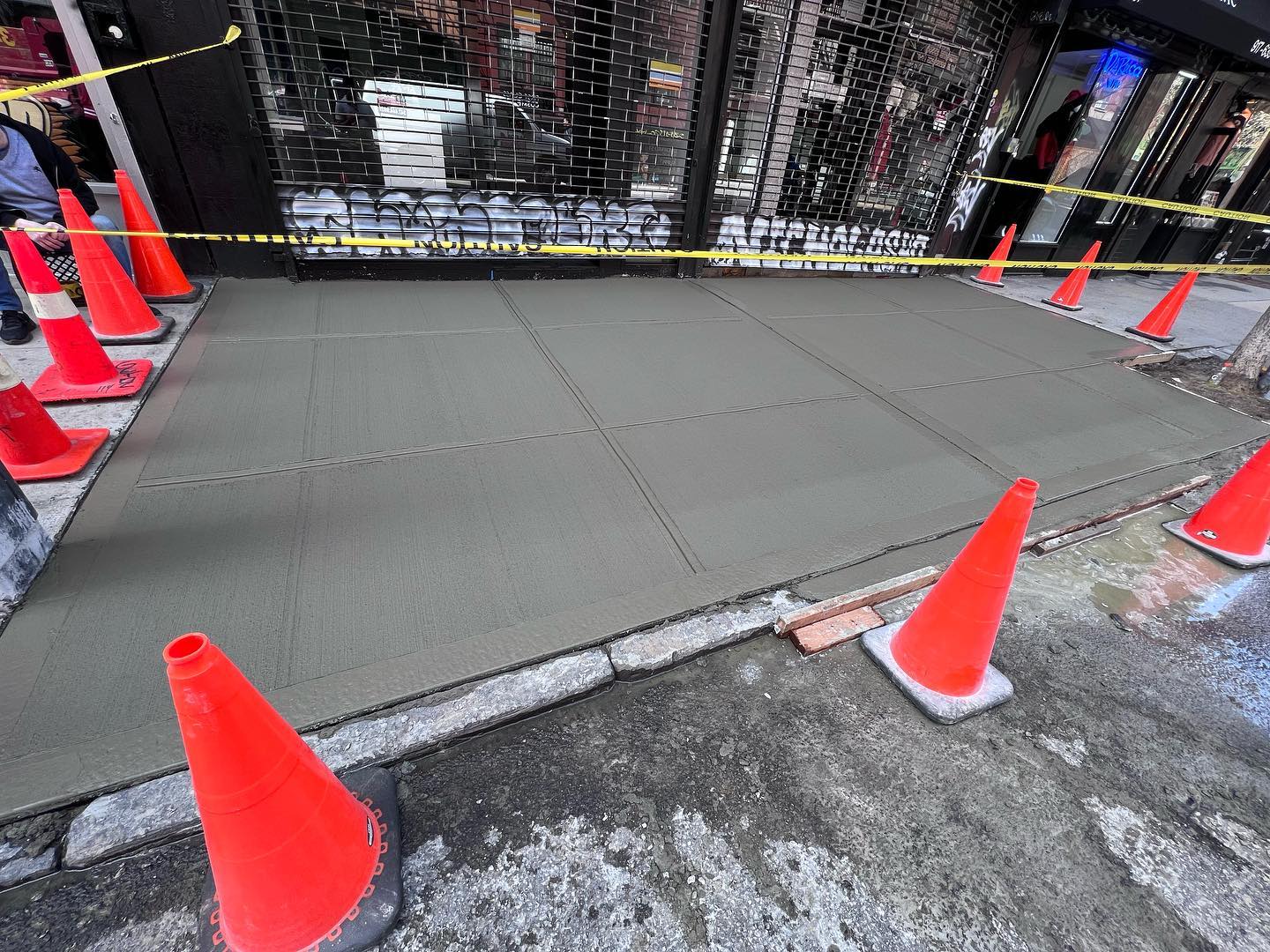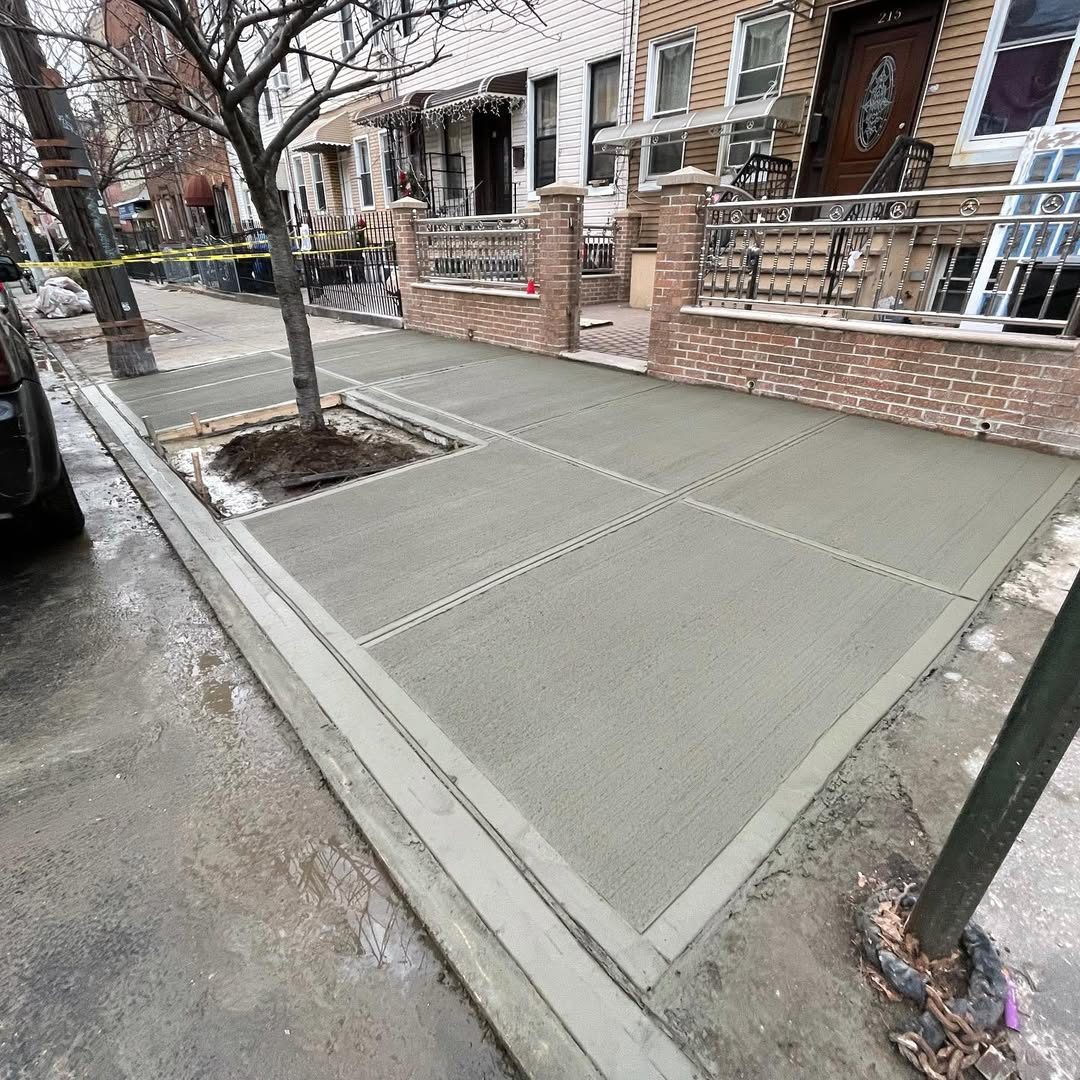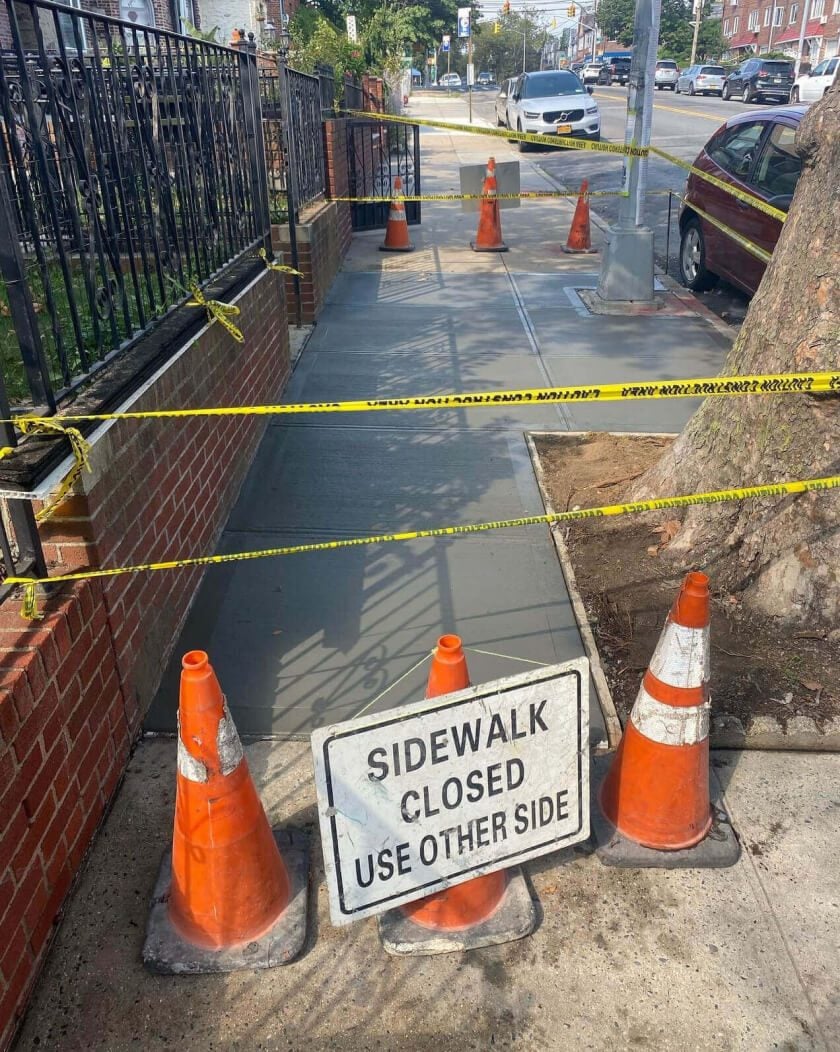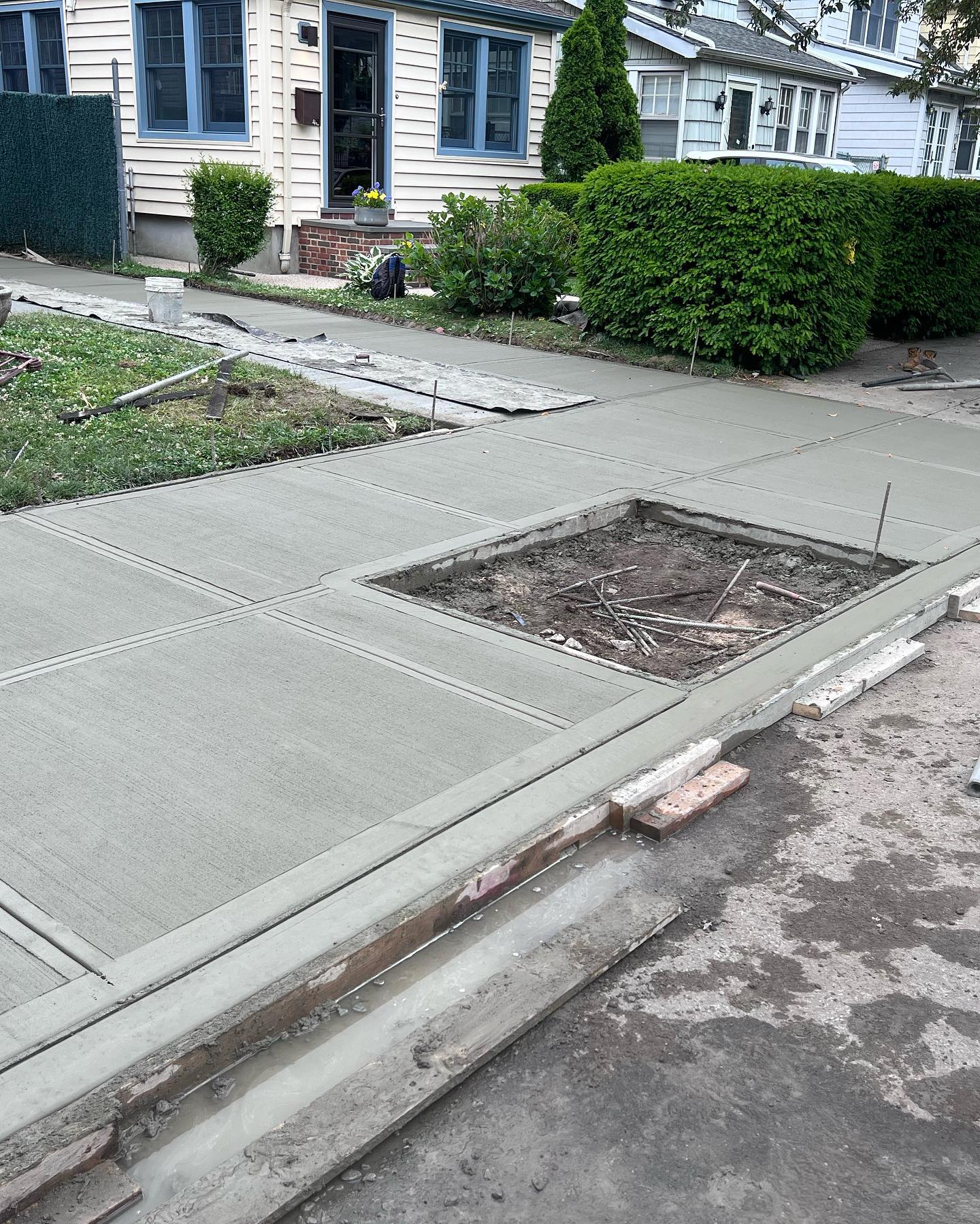
Considering the legal complications of not meeting the strict zoning, building, and housing maintenance codes in New York before renting or selling basement apartments is crucial. Otherwise, it can lead to a DOB violation before you realize what happened. Due to a lack of proper resolution, homeowners face hefty fines and penalties, enforcement actions, and delays in property transactions, affecting the sale or refinancing option. You can avoid these risks by getting your basement inspected by a local contracting company specializing in these areas. We at Zicklin Contracting know how to tackle these legal issues.
Our basement violation removal services aim to resolve the matter with concrete solutions. After the work, we can file the necessary proof of correction with the authorized department, empowering you to utilize your basement space tension-free. However, one must know the types of DOB violations they can face with this specific part of the property, their consequences, and ways to tackle them.
Basement-related DOB violations
There are different categories from Class 1 to Class 3. Class 1 violations concern unpermitted work, unsafe structures, and insufficient egress. Class 2 violations include maintenance and repair issues, such as improper waterproofing, ventilation, and heating and cooling arrangements. Class 3 violations are relatively less severe. Awareness of these is necessary to take corrective steps immediately and save yourself from unwanted stress. If you hire our team, you don’t have to worry about these nuances. We will explain the problem and suggest the best ways to tackle it. For example, we can get all the essential permits for a basement renovation or construction, ensure all the work complies with safety and zoning rules, and settle the matter after the final inspection.
Process of building or renovating an apartment basement legally
Renting an illegally built or renovated apartment basement can make you pay about $1,000 or up to $25,000 as a fine or penalty. Other complications can also arise. You can protect yourself and your property from legal hassles by ensuring your structure is safe and healthy. Our professionals can make this happen through the following steps:
- Meeting the ceiling height requirements based on the building’s original construction time,
- Converting a basement into a bedroom (if needed) by ensuring the floor area is at least 70 square feet and the ceiling height is seven feet,
- Adding adequate ventilation, lighting, and sanitation sources,
- Providing the best waterproofing systems.
